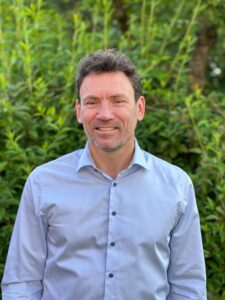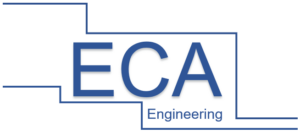

Over several years, to support his consultancy, Jens Peter has invested in the development of various process models using MATLAB. In the work reported, Jens Peter takes advantage of the MATLAB Thermo Import from AmsterCHEM to get access to any CAPE-OPEN thermodynamic server from within the process model he developed in MATLAB for the field of Carbon Capture and Storage.
This shows the potential of CAPE-OPEN to easily get access to existing CAPE-OPEN Property Packages, eliminating the need for developing a thermodynamic server on its own, while focusing on the development of the process model.
Abstract
Carbon Capture and Storage (CCS) is gaining increased attraction as a method to reduce atmospheric CO2 emissions. Different methods exist to capture the CO2 from highly concentrated point sources, like cement and power plants, as well as large plants for capturing CO2 directly from atmospheric air are under construction. None of the methods will produce a 100% pure CO2 stream so the question is which impact different impurities might have, not only for the capturing processes but also for the downstream processes like cooling, liquefaction, transportation, and injection?
The routines for calling calculations of thermodynamic properties of CO2 mixtures have successfully been integrated into a MATLAB model (with great help and support from AmsterCHEM) and applied to help to answer above question. Main conclusions and experiences from implementing and using the code will be presented.
